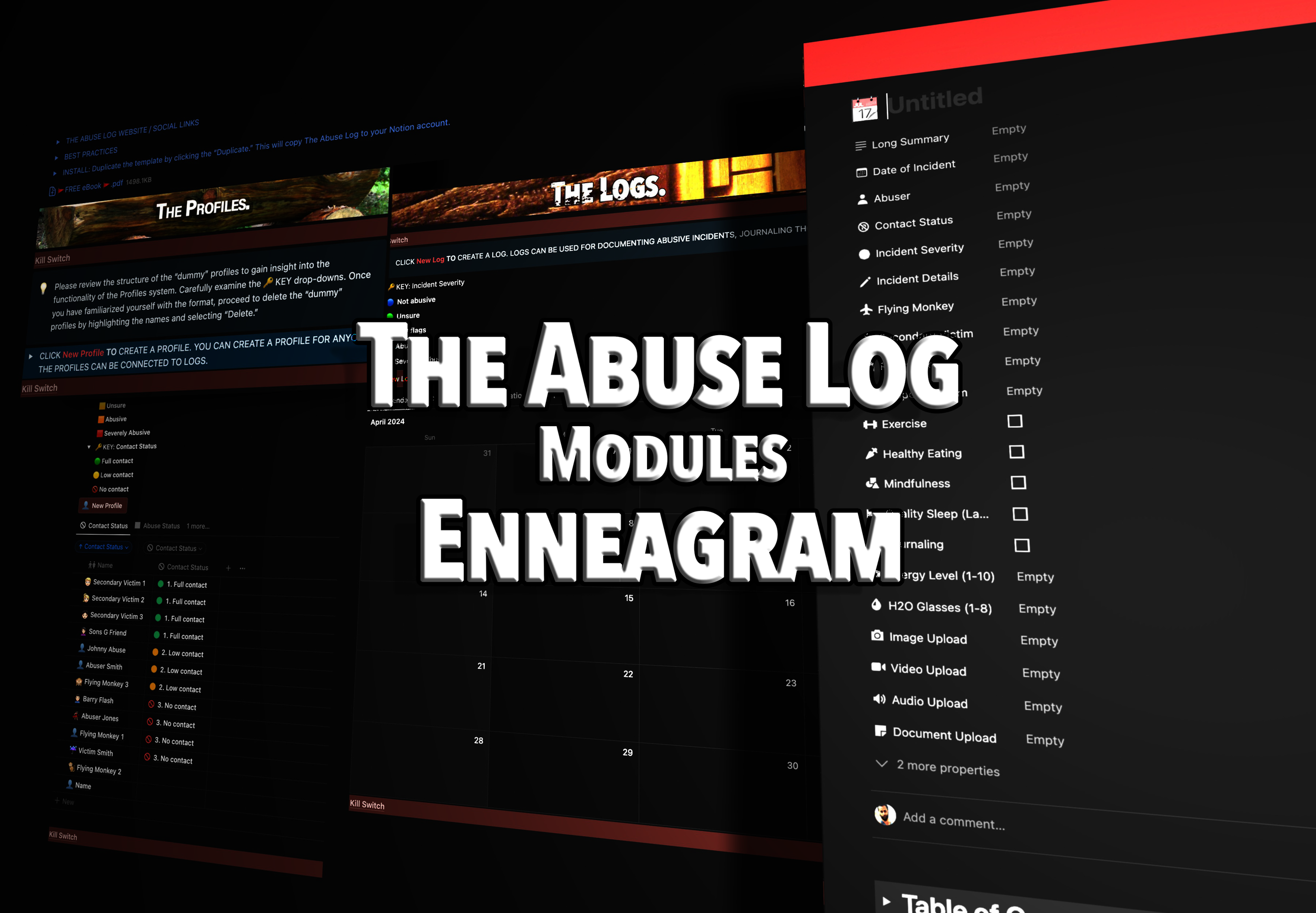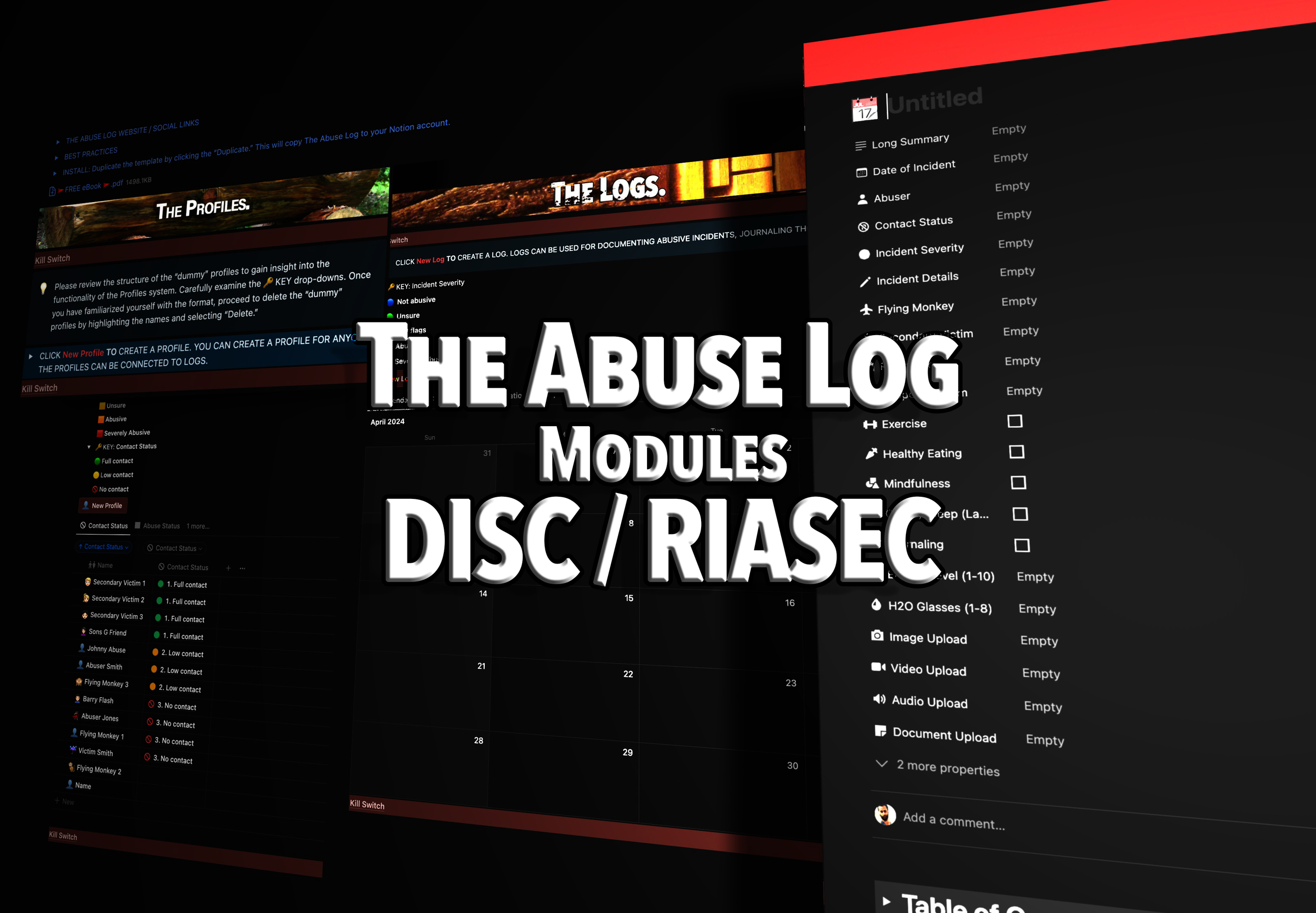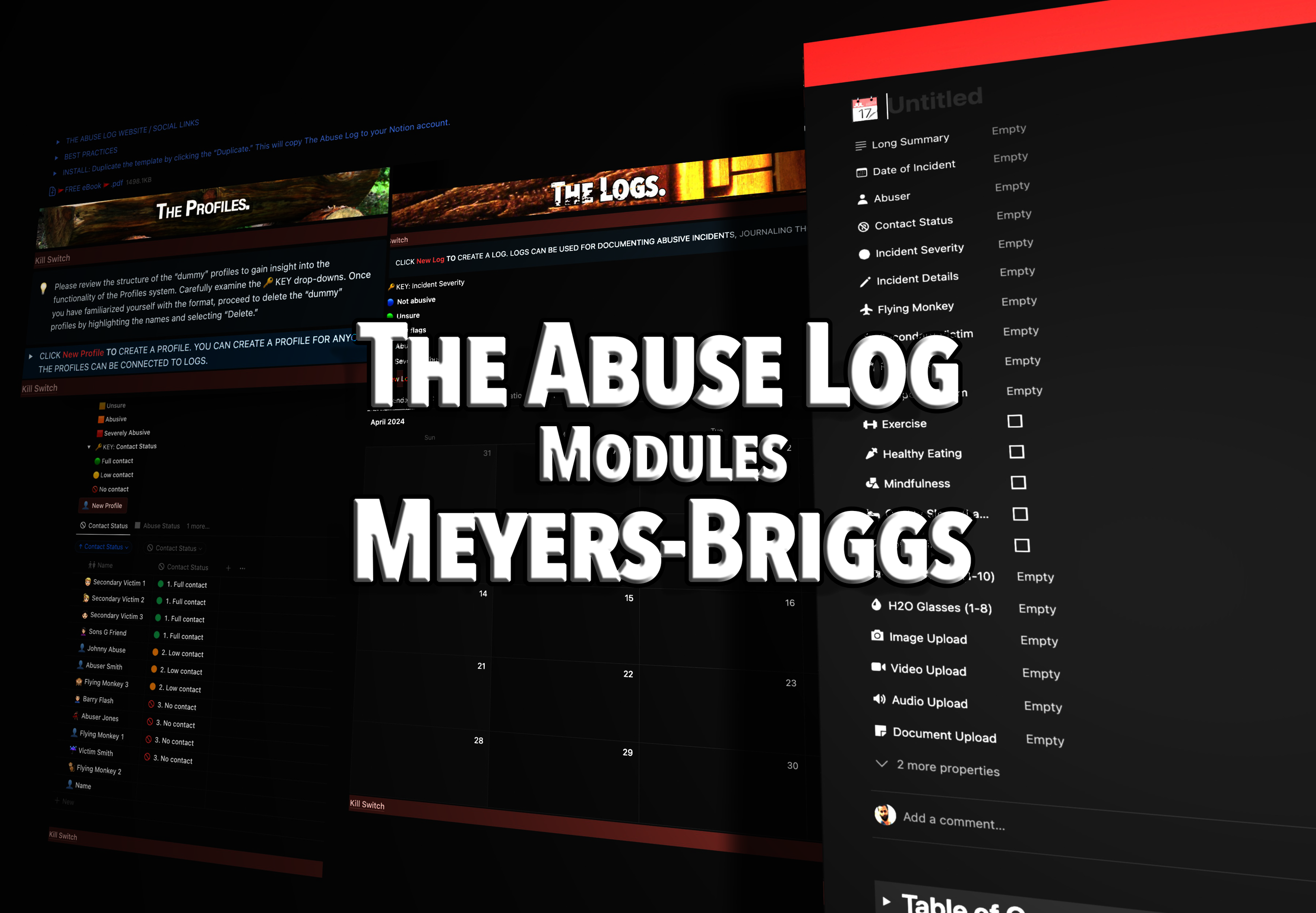The Danger of Misidentifying Narcissism and Personality Disorders
In the digital age, terms like "narcissist" and "gaslighting" have transcended their psychological origins and entered mainstream vernacular. While this popularization can increase awareness, it also runs the risk of oversimplifying and misapplying complex psychological concepts. One particularly alarming trend is the casual misuse of the term "narcissist," which not only undermines its clinical significance but also poses significant dangers to individuals and relationships.
The Overuse of "Narcissist" as a Colloquial Epithet
In colloquial use, "narcissist" has become a catch-all insult for selfishness, arrogance, or emotional unavailability. Social media posts, pop psychology articles, and even casual conversations frequently label ex-partners, difficult colleagues, or estranged family members as narcissists. While it’s true that narcissistic traits can manifest in harmful behaviors, the clinical diagnosis of Narcissistic Personality Disorder (NPD) is far more nuanced. It requires specific criteria outlined in the DSM-5, including a pervasive pattern of grandiosity, need for admiration, and lack of empathy that significantly impairs functioning.
When "narcissist" is thrown around carelessly, it diminishes the gravity of the diagnosis and stigmatizes individuals who may exhibit narcissistic traits without meeting the criteria for NPD. It also risks alienating those with the disorder from seeking help due to the pervasive shame and misunderstanding surrounding the term.
Rising Public Interest in Narcissism and Gaslighting
Search trends reveal a growing public interest in psychological concepts, highlighting both the need for education and the potential for misuse. According to Google Trends, searches for "narcissism" have increased by over 150% in the past decade. In 2022, Merriam-Webster named "gaslighting" its Word of the Year, citing a 1,740% spike in lookups. These statistics underscore a cultural shift toward engaging with mental health terminology but also signal the risks of overuse and misapplication.
Projection and the Misuse of "Narcissist"
Ironically, the most vocal accusers of narcissism are sometimes engaging in projection—a defense mechanism where individuals attribute their own unacceptable qualities onto others. In cases of abusive dynamics, actual narcissistic individuals often label their victims as narcissists, further distorting the truth and discrediting the victim’s lived experience. This tactic can be profoundly damaging, as it confuses outsiders, isolates the victim, and shifts accountability away from the true source of harm.
Projection not only complicates personal relationships but also muddies legal and therapeutic contexts. For example, in family court cases or therapeutic interventions, false accusations of narcissism can derail the process, create bias, and prolong conflict. It is vital to discern between genuine narcissistic traits and manipulative labeling designed to control the narrative.
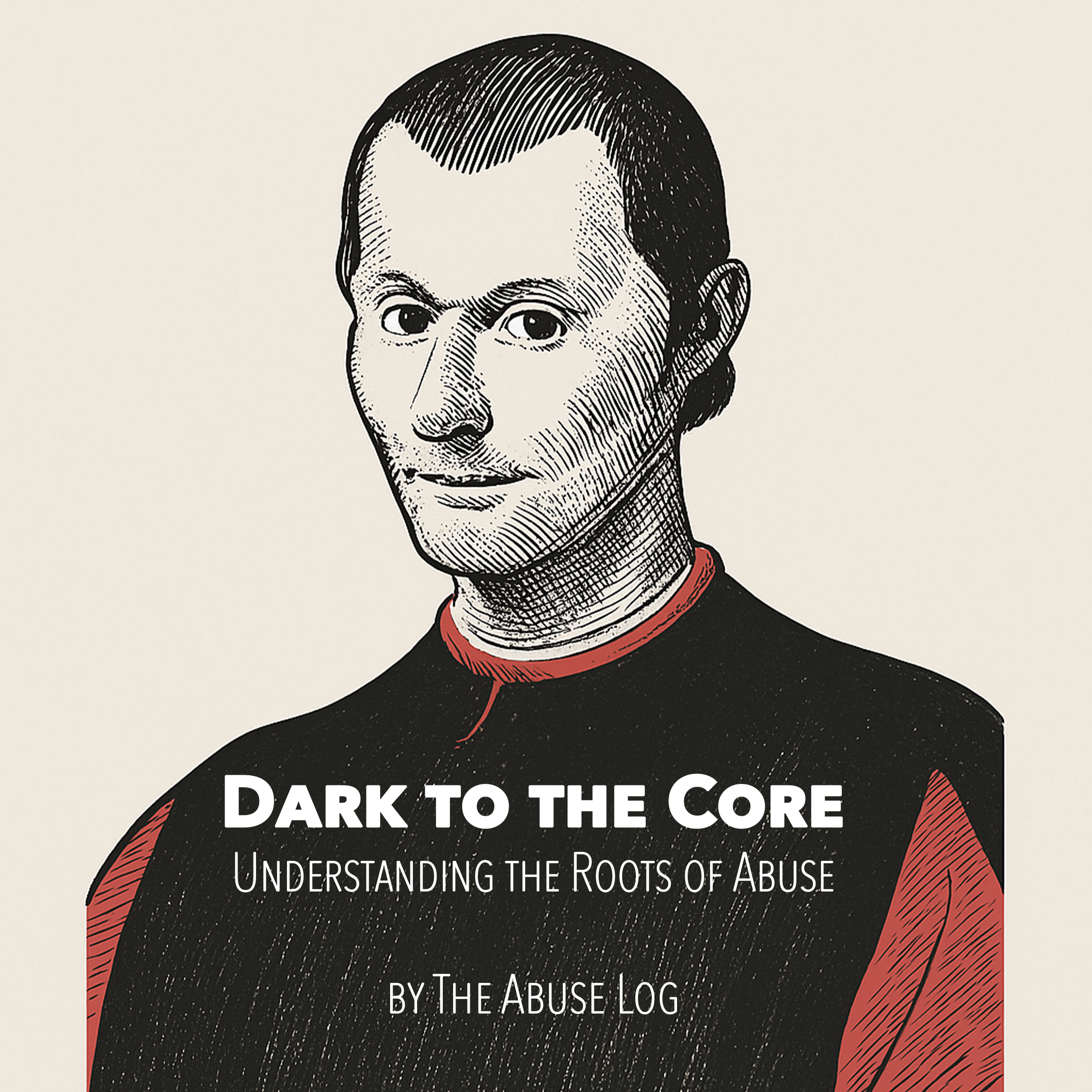
The Importance of Legitimate Education About Personality Disorders
Misidentifying or mislabeling personality disorders doesn’t just harm individuals; it perpetuates harmful stereotypes and misinformation. Education is the antidote. Understanding disorders like NPD, Borderline Personality Disorder (BPD), or Antisocial Personality Disorder (ASPD) requires more than a cursory glance at social media infographics. It demands engagement with credible resources, including:
Peer-Reviewed Research: Academic journals and clinical studies provide evidence-based insights into the causes, symptoms, and treatments of personality disorders.
Professional Guidance: Consulting licensed mental health professionals ensures accurate assessment and intervention.
Structured Education: Online courses, books by respected psychologists, and workshops can deepen understanding without oversimplification.
Education fosters empathy and equips individuals with tools to navigate complex relationships without resorting to reductive labels.
The Real Consequences of Misuse
The overuse and misuse of terms like "narcissist" have tangible consequences. For individuals falsely labeled as narcissistic, the damage to their reputation and relationships can be profound. Misidentification can also lead to:
Legal Ramifications: In custody battles or workplace disputes, unsubstantiated accusations can unfairly sway decisions.
Therapeutic Missteps: Misdiagnosis can delay or derail effective treatment, leading to further psychological harm.
Social Stigma: Broad-brush labeling increases societal stigma against those with genuine personality disorders, making it harder for them to seek help.
The Role of Self-Reflection in Identifying Abuse
One of the most damaging aspects of psychological abuse is its invisibility to outsiders. Victims, often gaslighted into doubting their perceptions, may struggle to trust their instincts or reality itself. In such cases, the advice to "trust your gut" can feel like an impossible task. Moreover, narcissistic individuals are adept at manipulating therapists or mediators who don’t witness the abusive dynamics at home. By constructing a narrative in therapy or court that portrays the victim as the abuser, narcissists can further isolate their victims and distort the truth.
How to Differentiate Between Being Abused and Being the Abuser
Maintain Honest and Comprehensive Logs: Keeping detailed, factual records of interactions, incidents, and feelings can provide clarity. Use tools like journals or apps to document events objectively.
Avoid Exaggeration: Evaluate your evidence fairly. Not every frustrating action, like a partner forgetting to take out the trash, constitutes abuse. Overstating minor grievances can dilute the credibility of genuine concerns.
Seek Professional Guidance: Work with therapists or counselors who specialize in trauma and abuse. Share your logs with them to provide context and help counter any manipulation attempts by the abuser.
Practice Self-Reflection: Regularly assess your own behavior. Ask yourself if you might be projecting your feelings onto others or misinterpreting their actions due to past experiences.
Solutions for Navigating Abuse and Mislabeling
To navigate these challenges effectively:
Engage in Balanced Documentation: Focus on observable facts rather than interpretations. This helps create an impartial record that can be invaluable in therapy or legal settings.
Rely on Trusted Professionals: Choose therapists or legal advocates experienced in handling cases involving manipulation and psychological abuse.
Develop Emotional Awareness: Learn to differentiate between instinctual responses and learned fears. Mindfulness techniques can aid in identifying genuine gut feelings.
Striking a Balance: Awareness Without Overreach
Raising awareness about personality disorders is essential, but it must be done responsibly. Striking a balance involves:
Using Precise Language: Reserve terms like "narcissist" for clinical contexts or situations where the diagnosis has been professionally confirmed.
Practicing Self-Reflection: Before labeling someone else, examine your own behavior and biases to avoid projection.
Advocating for Professional Input: Encourage individuals in conflict to seek therapy or mediation rather than resorting to armchair diagnoses.
Conclusion
Misidentifying narcissism and other personality disorders is not a victimless act. It can ruin reputations, perpetuate abuse, and hinder genuine understanding of mental health. By prioritizing legitimate education, fostering empathy, and resisting the urge to weaponize psychological terminology, we can create a culture that values truth and compassion over sensationalism. Labels are powerful—let’s use them wisely.


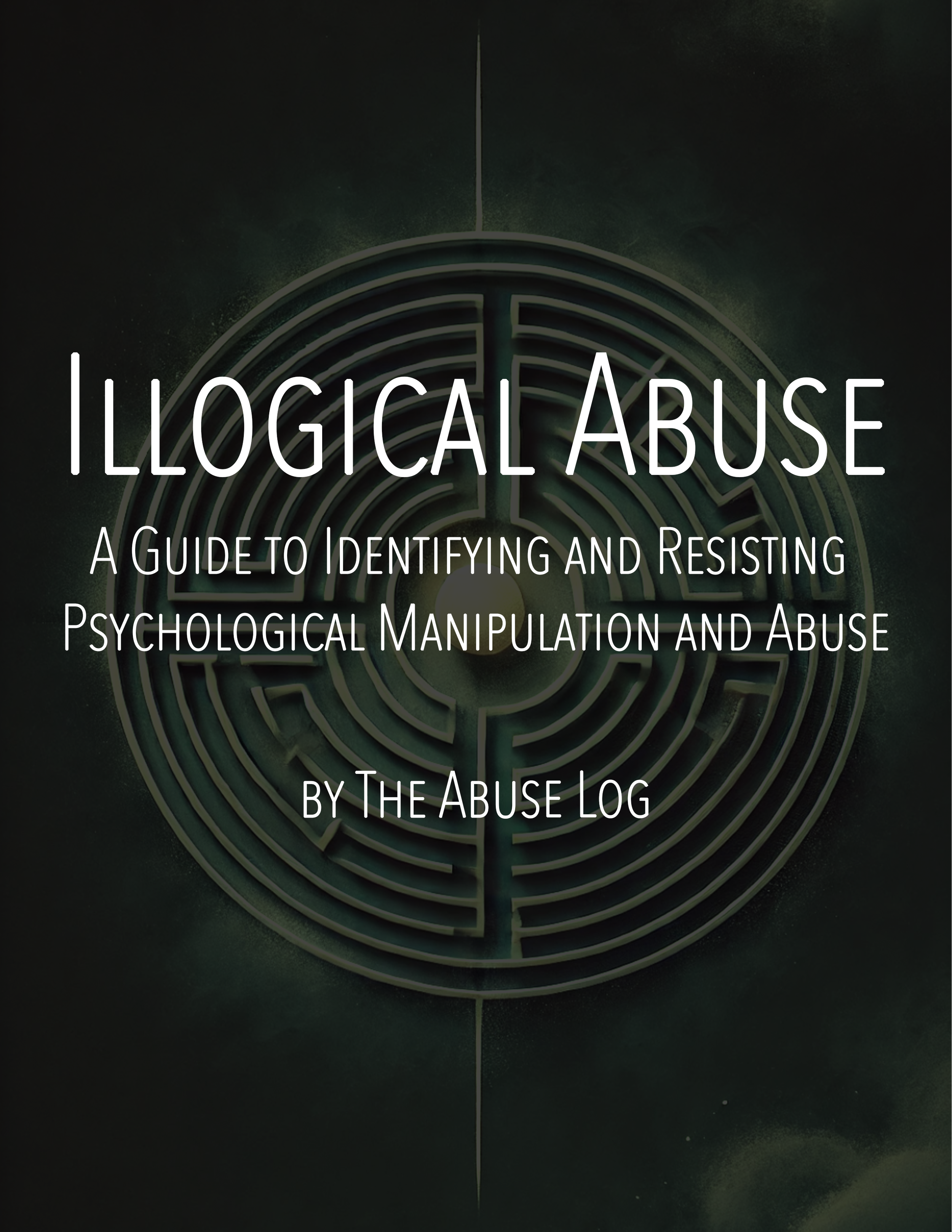

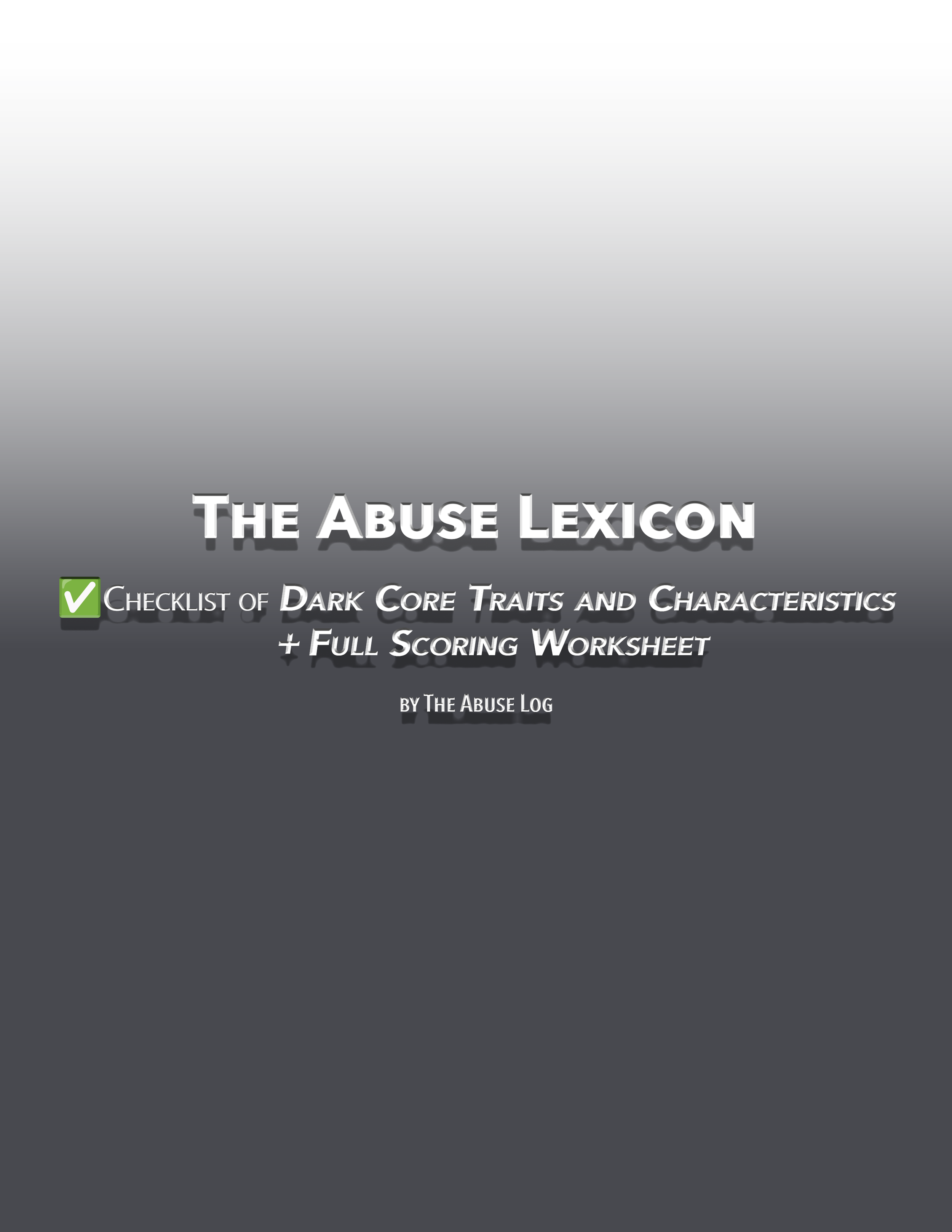


![The Abuse Log Notion Template [Basic]](https://images.squarespace-cdn.com/content/v1/65b9553c448d7e5b0ec1dfcd/4c83e581-b720-4cbe-83b1-2d72e7a9ac8a/Logo+Gumroad-Basic.png)
![The Abuse Log Notion Template [Advanced]](https://images.squarespace-cdn.com/content/v1/65b9553c448d7e5b0ec1dfcd/c3bb150a-a911-4f91-a23e-3621b98a2d55/Logo+GumroadAdvanced.png)
![The Abuse Log Notion Template [Professional]](https://images.squarespace-cdn.com/content/v1/65b9553c448d7e5b0ec1dfcd/7fa18cea-edf4-4325-8234-13f3527579c2/Logo+GumroadProfessional.png)






